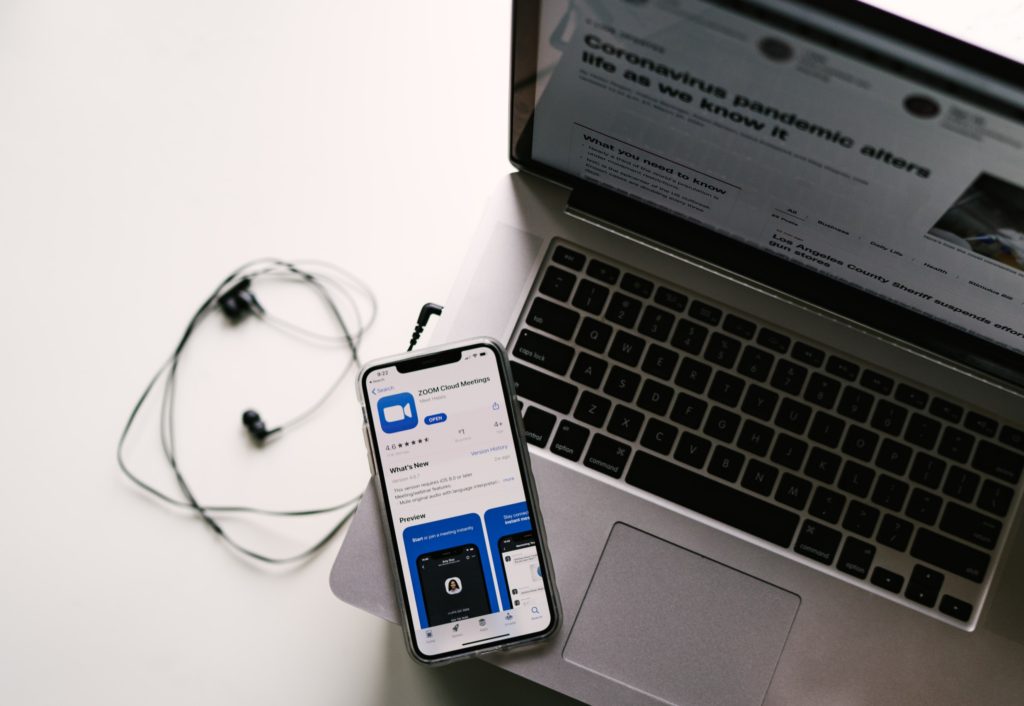Authors: Kaitlin Carson, M.A. & Valentina Nikulina, Ph.D.
In the context of the current COVID-19 pandemic, several states have attempted to ban abortions under the premise that it is a nonessential medical procedure. Lawsuits to suspend abortions during this public health emergency have been filed in Texas, Ohio, Iowa, Alabama, Oklahoma, Arkansas, Mississippi and Tennessee. In some states, including Texas, failure to comply with these current restrictions could result in fines or jail time.
A statement released by the American College of Obstetricians and Gynecologists petitions that abortion should not be categorized as a nonessential procedure given it is an essential component of comprehensive health care. This statement further indicates that abortion “is also a time-sensitive service for which a delay of several weeks, or in some cases days, may increase the risks or potentially make it completely inaccessible. The consequences of being unable to obtain an abortion can impact a person’s life, health, and well-being.” Our recent research (Carson et al., 2019; Carson et al., under review) highlights the potential negative consequences this legislation may have, particularly in relation to the psychological well-being of pregnant rape survivors.
Abortion is a “time-sensitive service for which a delay of several weeks, or in some cases days, may increase the risks or potentially make it completely inaccessible. The consequences of being unable to obtain an abortion can impact a person’s life…”
American College of Obstetricians and Gynecologists
It is time the American public begin to recognize the impact that these public policies can have on the mental health of rape survivors. The recent legislation to ban abortions filed across several American states effectively takes away the pregnant incest or rape survivor’s right to choose, not only whether to go ahead with a pregnancy, but also whether to disclose an assault experience. Dr. Kathleen Basile and colleagues estimated that 2.9 million U.S. women experience a rape-related pregnancy during their lifetime. Furthermore, psychologists report concerns that the stress and isolation associated with the COVID-19 pandemic may subsequently result in elevated rates of intimate partner violence. Our 2019 research shows that about 75% of female survivors choose to talk about their assault, while 25% choose to keep this experience to themselves. However, without access to obtaining an abortion, the survivor will be left in the position to either lie about the circumstances of her impregnation or be compelled to disclose her assault as her pregnancy progresses and becomes obvious.
Social science studies have consistently determined that sexual trauma is associated with the highest rates of posttraumatic stress disorder (PTSD) and other health consequences. Prior research has demonstrated that the choice to disclose a sexual assault experience is one that survivors take seriously and can have important consequences for their wellbeing. Furthermore, our research indicates that women who are coerced into disclosing sexual victimization experiences have particularly high symptoms of PTSD. They are also more likely to face negative reactions from others, which further contribute to PTSD symptoms. Taking control of the experience of a rape survivor is one such negative reaction and the anti-abortion laws do so by taking away the woman’s right to cope with her experience in the way that she determines and finds helpful. Indeed, the experience of sexual trauma itself is rooted in another person taking control of the survivor’s body.
This anti-abortion legislation empowers the government to impose its will on the body and life choices of a survivor. It can be perceived as re-traumatizing and further influence the survivor’s beliefs regarding her own safety, increasing her risk for developing PTSD. In addition to considering the recommendations of the American College of Obstetricians and Gynecologists, we urge legislators to consider the findings and recommendations of recent mental health research conducted with sexual victimization survivors. During this national crisis, which is already associated with increased stress, we strongly advise that legislators rethink their position categorizing abortions as elective procedures, particularly for survivors of rape and incest.
Editor’s note: Visit the APA page on Abortion and Mental Health for information and resources. If you are interested in advocating for women’s rights within your state, you can reach your state elected officials or state psychological association.


